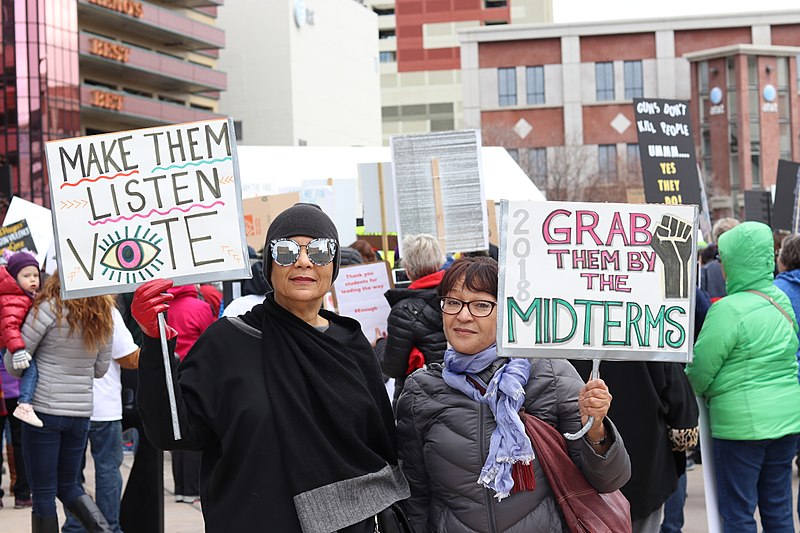North Dakota law limits voters
The Supreme Court passed a law which prohibits citizen without an address from voting. This law, effective immediately, came in response to the election of North Dakota Democratic Sen. Heidi Heitkamp six years ago. North Dakota is a historically Republican state and Heitkamp won by only 6,000 votes, many from Native Americans.
According to the U.S. census, Native Americans make up over 5 percent of North Dakota’s overall population and many live on the five Native reservations within the state. Those who live on reservations do not have addresses but instead use P.O. boxes to accept and send mail. Until now, Native Americans could vote using IDs with their P.O. box listed. This law prohibits such action.
Heitkamp said, “Given the number of Native Americans who have served, fought, and died for this country, it is appalling that some people would still try and erect barriers to suppress their ability to vote.”
With the midterm elections under a month away and because Heitkamp’s term is expiring, the repercussions of these voting regulations could be profound, as Native Americans tend to vote for the Democratic party. This law, which especially targets and restricts Native American voting, could result in Republican Kevin Cramer taking Heitkamp’s place in the Senate.
Native American groups are attempting to issue IDs with addresses on them in order to combat the law.
Georgia Republican sued over thousands of pending voter registrants
Civil rights groups sued Georgia Secretary of State over “discriminatory methods to verify new voter registrations.” Georgia Secretary of State and candidate for governor Brian Kemp’s policy for voter registration is described as the exact match protocol.
This process requires applicants to exactly match their voter registration application to their social security administration or Department of Motor Vehicles registration. Any inconsistencies which can include the addition of a space, a nickname, the accidental addition of a character, etc. result in a deferred application.
BREAKING: We have just filed a lawsuit against Brian Kemp to end #Georgia’s exact match law, which has put as many as 53K voter registrations on hold ahead of the #MidtermElections.
Joining us in this suit: @CampaignLegal @AAAJ_Atlanta @NAACPGA pic.twitter.com/JxXPAzGMoZ
— Lawyers’ Committee ??866-OUR-VOTE (@LawyersComm) October 11, 2018
There are currently 53,000 pending applicants, 70 percent of whom are African American.
Despite this, pending applicants are still able to cast a provisional vote in 2018 midterm election which means that their votes will be counted separately from the unchallenged [regular] ballots.
Taylor Swift encourages votes
Tayor Swift endorsed the Democratic Party in her home state of Tennessee, causing thousands of eligible voters aged 18-29 to register to vote.
While there is often an influx of voter registration preceding an election, over 65,000 registrations occurred 24 hours after Swift’s endorsement.












